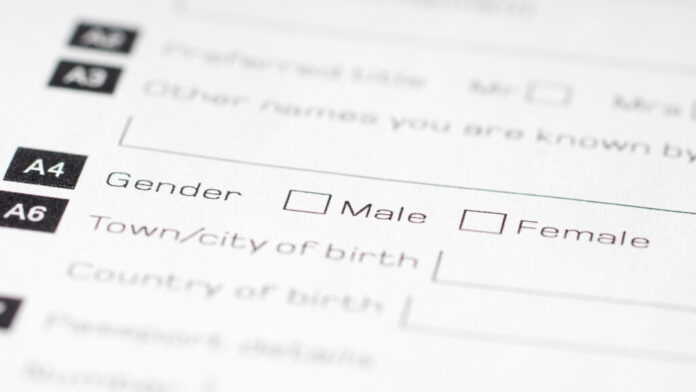“Medicare Scraps Questions on Sexual Orientation and Gender Identity from Enrollment Forms”
The U.S. agency that oversees Medicare is making changes to its enrollment application forms in response to President Trump’s executive order requiring federal agencies to remove references to “gender ideology.” The Centers for Medicare and Medicaid Services (CMS) will be removing questions about sexual orientation and gender identity from certain forms used by Medicare beneficiaries to sign up for Medicare Advantage plans, prescription drug plans, and a program that helps low-income individuals afford drugs.
These questions were optional and were introduced during Medicare’s open enrollment window last fall. The agency had stated that collecting this information would help improve its understanding of who is enrolling in Medicare Advantage and prescription drug coverage.
In a memo released in July, Medicare officials emphasized their commitment to addressing health inequities and disparities within the healthcare system. They believe that collecting data on sexual orientation and gender identity will help advance equity mandates by providing a better understanding of the diversity of the Medicare population and the differences in health and healthcare needs and experiences.
This change in enrollment forms comes at a time when other federal agencies, such as the Centers for Disease Control and Prevention (CDC), have also removed websites and databases related to sexual orientation and gender identity. Top CDC advisers have raised concerns about the removal of this information and a judge has ordered government agencies to restore websites that were taken down due to the “gender ideology” order.
The removal of questions about sexual orientation and gender identity from Medicare enrollment forms is part of a broader trend of federal agencies revising their policies in response to the executive order. Critics argue that these changes could hinder efforts to address health disparities and provide appropriate care to all individuals, regardless of their sexual orientation or gender identity.
